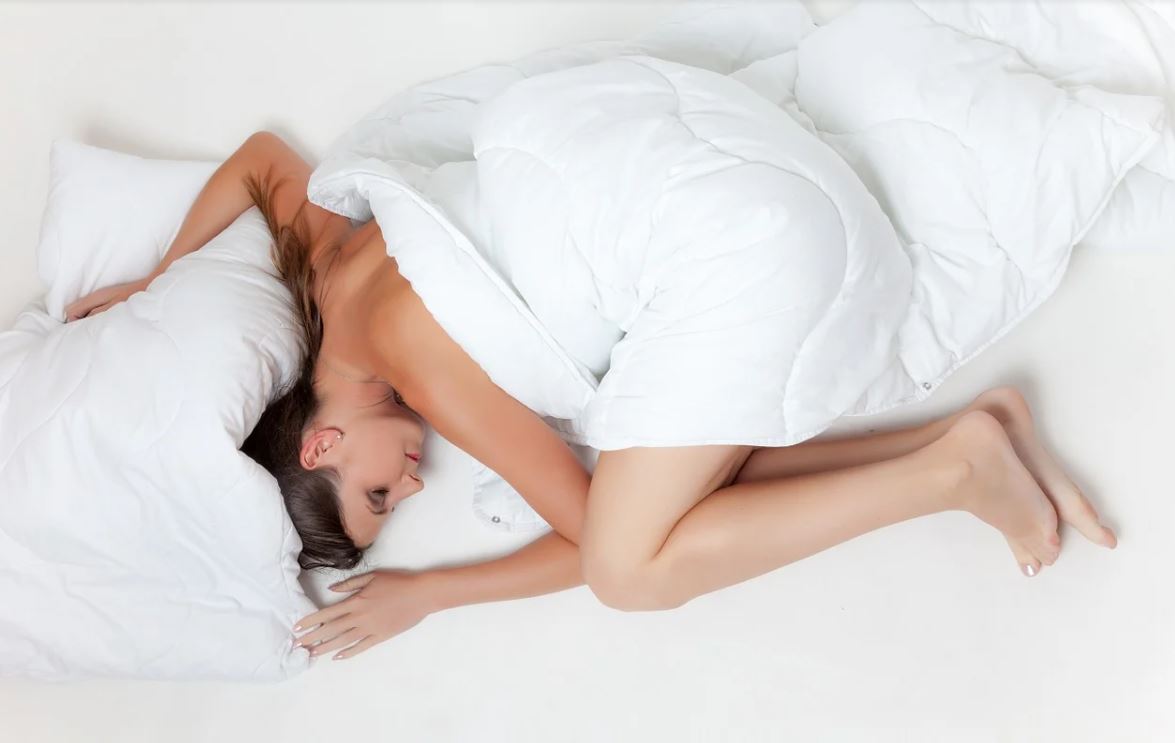
Are you having trouble sleeping during lockdown? The coronavirus pandemic as well as the lockdown measures can affect sleep.
Professor Colin Espie, a professor of sleep medicine at the University of Oxford, explains that having disrupted sleep, insomnia, and vivid dreams are understandable. This is because the coronavirus pandemic can affect one's sleep.
Causes
Disrupted or altered sleep is a typical situation one may experience after any type of stress, from perceived social skirmishes to natural disasters.
"Having to be indoors all day (which is the best response we can take to help tackle the spread of the virus) reduces the small amount of time we typically spend outside even more than normal," Dr Kat Lederle, a sleep expert, author, and the founder of Somnia, told Metro UK.
"This makes it even more difficult to get exposure to light and for our body clock to stay in sync with the external day. This negatively impacts on our sleep times, as the body clock struggles to send the 'bedtime' signal to the body in the evening," she noted.
Since some people are working from home during lockdown, Lederle said that they may be tempted to work late or keep watching a show.
"This means we continue to expose ourselves to light and feed our mind with more information," she said.
How people eat food and consume caffeine are factors that contribute to one's difficulty with sleeping.
"Being home might lead to more snacking on comfort foods, which have more sugar and are high in fat, and irregular meal-times perhaps because your colleague no longer comes round to ask if you want to go for lunch at 1pm," said Lederle.
"Caffeine and other stimulants affect your alertness and make falling asleep harder if consumed later in the day," she added.
How to sleep better during lockdown
Have a routine, according to Professor Kevin Morgan. He is a psychologist from Loughborough University who's been running sleep studies for years. He said that routine can help one get good sleep.
"Get up at your normal time and go to bed at the normal time, however tempting it might be to do otherwise. You've got to save your sleepiness for bedtime. Treat being sleepy as a precious resource and don't waste it on a short daytime nap," he explained.
Meanwhile, Lederle emphasized the importance of setting a curfew. "To counter this and sleep well and feel refreshed, try to set a curfew for using your phone and laptop and give your mind the opportunity to settle down before going to bed," she said.
In terms of execise, Morgan suggests doing a daily exercise outside and take advantage of the allowed trip outdoors.
"And even if it's sunny, don't take sunglasses, get the sun into your eyes," Morgan says. "That will increase your sleep quality and your mood."
Morgan also mentioned that it is okay to be worried throughout the pandemic.
He said that people "all have concerns, whether it's our families, our own health or our jobs. It's hard to be locked up in your own home without being reminded we're in serious times."
"Tell yourself you've done all you can for that day and there's nothing more to do. Then pick it up again the next day, after a good night's sleep," he added.






